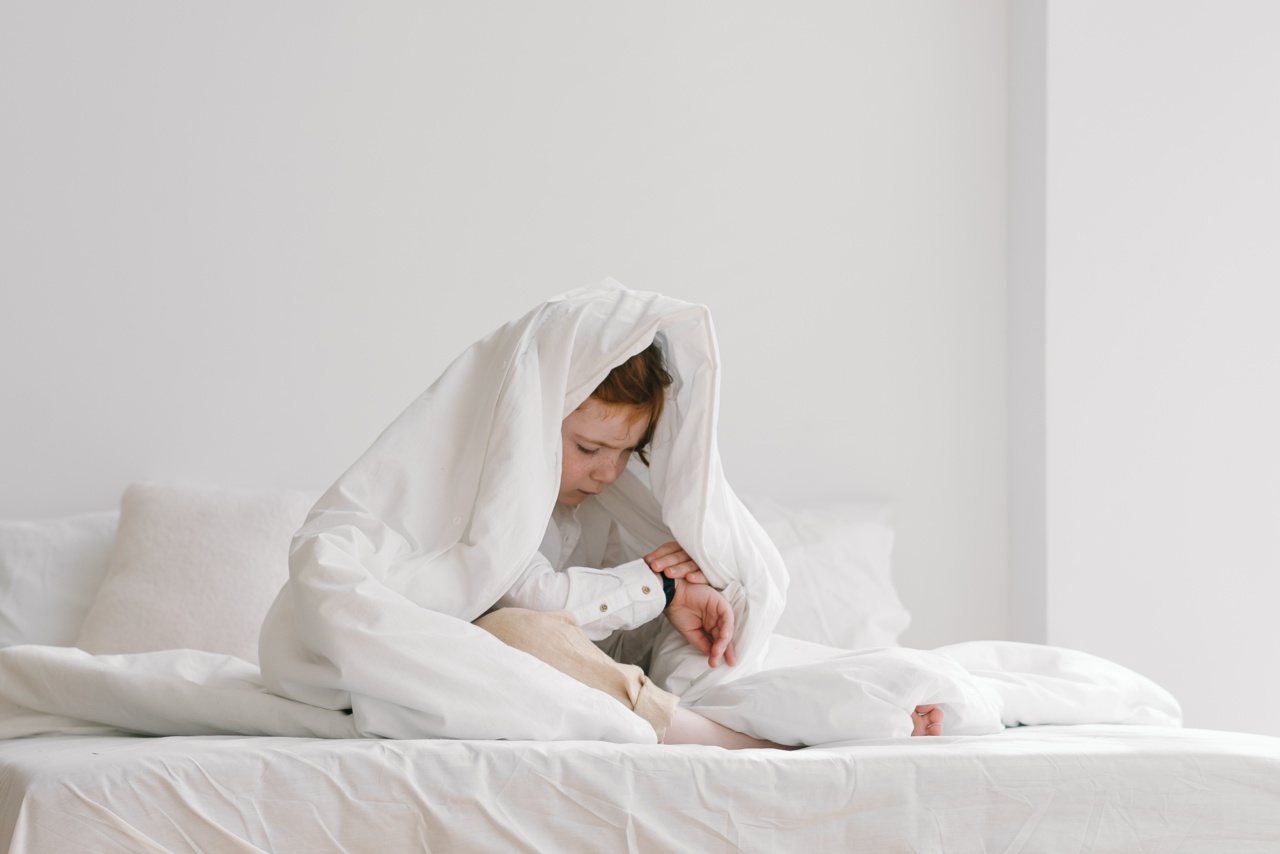In the digital age, social media has become an integral part of our lives. It allows individuals to connect, share information, and foster communities.
However, the impact of social media on mental health has raised concerns among researchers and professionals. This article explores the various effects that social media can have on mental well-being, both positive and negative.
The Positive Effects of Social Media on Mental Health
While social media has received criticism for its negative impact on mental health, it’s essential to acknowledge the positive aspects it brings:.
1. Connection and Community
Social media platforms provide an opportunity for individuals to connect with others who share similar interests or experiences. It creates a sense of belongingness, enabling individuals to form supportive communities.
For people struggling with mental health issues, this can be especially beneficial as it reduces feelings of isolation and fosters a sense of understanding and empathy.
2. Awareness and Education
Through social media, mental health awareness has increased exponentially. Influencers, organizations, and professionals use these platforms to share resources, information, and personal stories.
Social media has also facilitated conversations about mental health, removing the stigma associated with it. This increased awareness encourages individuals to seek help and support while promoting open discussions about mental well-being.
3. Access to Support Networks
For individuals facing mental health challenges, social media can serve as a valuable tool to access support networks. Online communities and support groups offer a safe space for individuals to share their experiences, seek advice, and find solace.
This accessibility ensures that individuals can connect with support systems even if they are physically unable to access them.
4. Expression and Artistic Outlets
Platforms like Instagram, YouTube, and TikTok have provided a creative outlet for many individuals, allowing them to express themselves through visual art, writing, music, and more.
These outlets can act as therapeutic tools, as individuals find solace in creativity and can use it as an emotional release. For some, social media platforms offer both a sense of purpose and a platform to share their talents, boosting their self-esteem and overall well-being.
The Negative Effects of Social Media on Mental Health
While social media can have positive impacts on mental health, it is crucial to recognize the potential negative effects it can have:.
1. Comparison and Envy
Social media often presents individuals with carefully curated versions of others’ lives. This can lead to negative self-comparisons, feelings of inadequacy, and a decrease in self-esteem.
People tend to showcase the highlights of their lives, which can create unrealistic expectations and trigger feelings of envy or unworthiness.
2. Cyberbullying and Harassment
Online platforms have unfortunately become breeding grounds for cyberbullying, trolling, and harassment. These behaviors can lead to significant emotional distress, anxiety, depression, and even suicidal thoughts.
The anonymity provided by social media can embolden individuals to engage in harmful activities or spread negativity, affecting the mental well-being of their victims.
3. Fear of Missing Out (FOMO)
With constant updates and notifications, social media can amplify the fear of missing out (FOMO). Individuals often compare their social lives to others, fearing that they are missing out on exciting events or experiences.
This constant pressure to stay connected and participate can lead to anxiety, stress, and diminished mental well-being.
4. Reduced Face-to-Face Interaction
As social media usage increases, face-to-face interactions tend to decrease. Excessive screen time can lead to social isolation and lack of genuine human connection, which are essential for maintaining good mental health.
Spending too much time on social media platforms may take away opportunities for meaningful physical interactions.
The Importance of Responsible Social Media Use
To mitigate the potential negative effects of social media on mental health, it’s essential to promote responsible usage:.
1. Set Boundaries and Prioritize Self-Care
Establish a healthy relationship with social media by setting boundaries, such as limiting screen time or designating specific phone-free hours.
Prioritize self-care activities that do not involve social media, such as spending time in nature, reading, or engaging in hobbies.
2. Curate Your Online Experience
Take control of your social media experiences by curating the content you consume. Unfollow accounts that induce negative emotions or make you feel inadequate. Follow accounts that promote positivity, mental health awareness, and self-acceptance.
Surround yourself with uplifting and empowering content.
3. Engage Mindfully
Be mindful of your emotions while using social media. If you notice feelings of jealousy or self-criticism arising, take a break or engage in a calming activity.
Practice gratitude for what you have and focus on your own journey rather than comparing it to others.
4. Seek Support When Needed
If social media begins to adversely affect your mental well-being, seek support from friends, family, or mental health professionals.
They can provide guidance and help develop coping strategies to manage the impact of social media on your mental health.






























